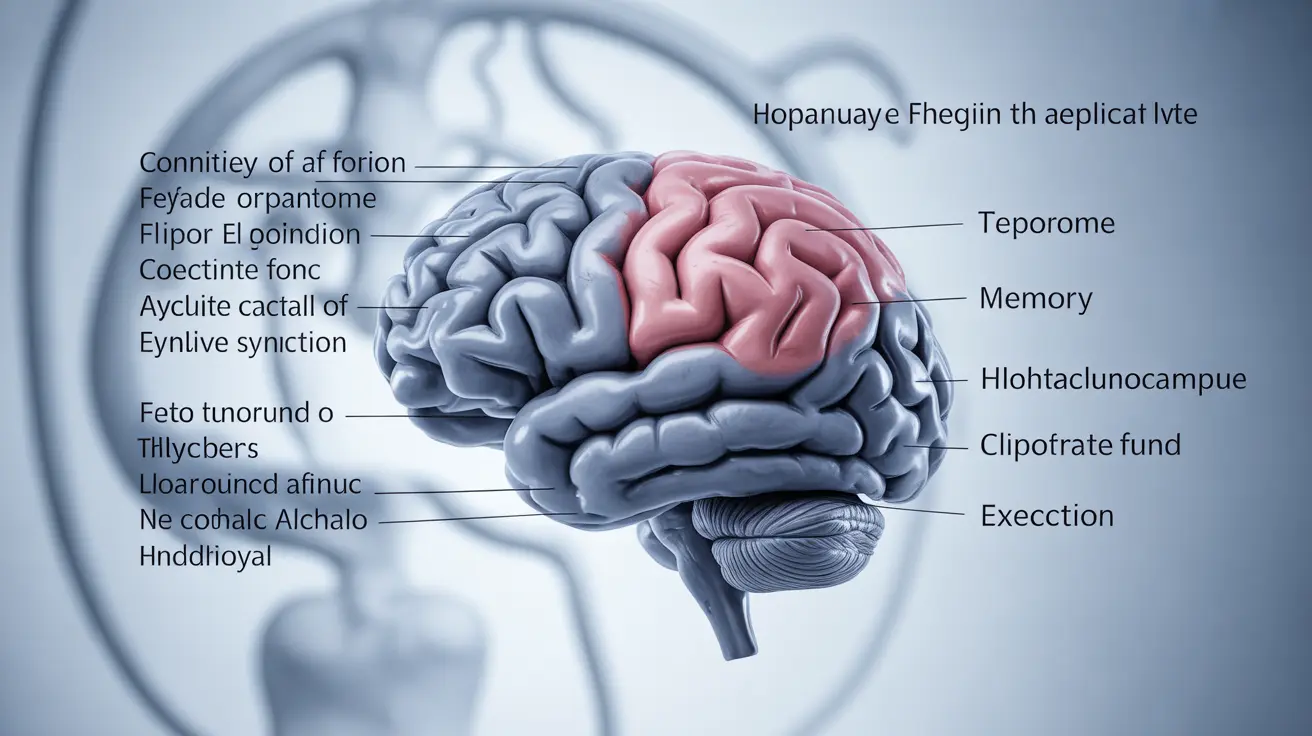Fetal alcohol syndrome (FAS) presents unique challenges during the teenage years, affecting both physical development and cognitive function. As adolescents navigate this crucial developmental period, understanding how FAS impacts their daily life becomes increasingly important for both teens and their support systems.
This comprehensive guide explores the various aspects of teenage FAS, including common symptoms, diagnostic processes, and effective management strategies. Whether you're a parent, caregiver, or healthcare provider, this information will help you better understand and support teenagers living with FAS.
Physical and Behavioral Symptoms in Teenagers
Teenagers with fetal alcohol syndrome often display distinctive physical and behavioral characteristics that can impact their daily lives. Physical features may include:
- Smaller head size
- Distinctive facial features
- Growth deficiencies
- Vision or hearing problems
- Poor coordination
Behavioral symptoms commonly observed in teenagers with FAS include:
- Difficulty with impulse control
- Challenges with social interactions
- Problems with memory and learning
- Poor judgment and reasoning skills
- Attention difficulties
Diagnostic Process During Adolescence
Diagnosing FAS in teenagers involves a comprehensive evaluation process that typically includes:
- Detailed medical history review
- Physical examination
- Cognitive and behavioral assessments
- Educational performance evaluation
- Neuropsychological testing
Healthcare providers often work with a team of specialists to ensure accurate diagnosis and appropriate treatment planning.
Management Strategies and Support Systems
Effective management of FAS symptoms in teenagers requires a multi-faceted approach that may include:
Medical Interventions
Medical professionals may recommend various treatments to address specific symptoms:
- Medications for attention issues
- Therapy for behavioral challenges
- Treatment for physical health concerns
- Regular health monitoring
Educational Support
Academic success often requires specialized educational assistance:
- Individualized Education Programs (IEPs)
- Modified learning strategies
- Extra time for assignments
- One-on-one tutoring
- Structured learning environments
Social Skills Development
Supporting social growth is crucial during teenage years:
- Social skills training
- Peer support groups
- Structured social activities
- Mentorship programs
Supporting Teenagers with FAS
Parents and caregivers play a vital role in helping teenagers with FAS navigate daily challenges. Essential support strategies include:
- Maintaining consistent daily routines
- Creating structured environments
- Setting clear expectations and boundaries
- Providing positive reinforcement
- Ensuring regular medical follow-up
- Building a strong support network
Frequently Asked Questions
What are common symptoms of fetal alcohol syndrome in teenagers?
Common symptoms in teenagers include difficulties with learning and memory, poor impulse control, social challenges, and physical characteristics such as growth deficiencies and distinctive facial features. Teens may also struggle with judgment, planning, and organizational skills.
How is fetal alcohol syndrome diagnosed in adolescents?
Diagnosis involves comprehensive medical evaluation, including physical examination, cognitive assessments, behavioral observations, and neuropsychological testing. Healthcare providers often collaborate with multiple specialists to ensure accurate diagnosis.
What treatments and therapies help manage fetal alcohol syndrome symptoms in teens?
Treatment typically includes a combination of medical interventions, behavioral therapy, educational support, and social skills training. Medications may be prescribed for specific symptoms, while various therapeutic approaches address behavioral and cognitive challenges.
Can fetal alcohol syndrome symptoms worsen or change during the teenage years?
While core FAS features don't worsen, new challenges often emerge during adolescence as teens face increased social and academic demands. Some symptoms may become more noticeable as expectations for independence increase.
How can parents and caregivers support teenagers living with fetal alcohol syndrome?
Parents and caregivers can provide support by maintaining consistent routines, creating structured environments, implementing clear boundaries, coordinating with healthcare providers, and ensuring appropriate educational support. Building a strong support network and advocating for necessary services is also crucial.




